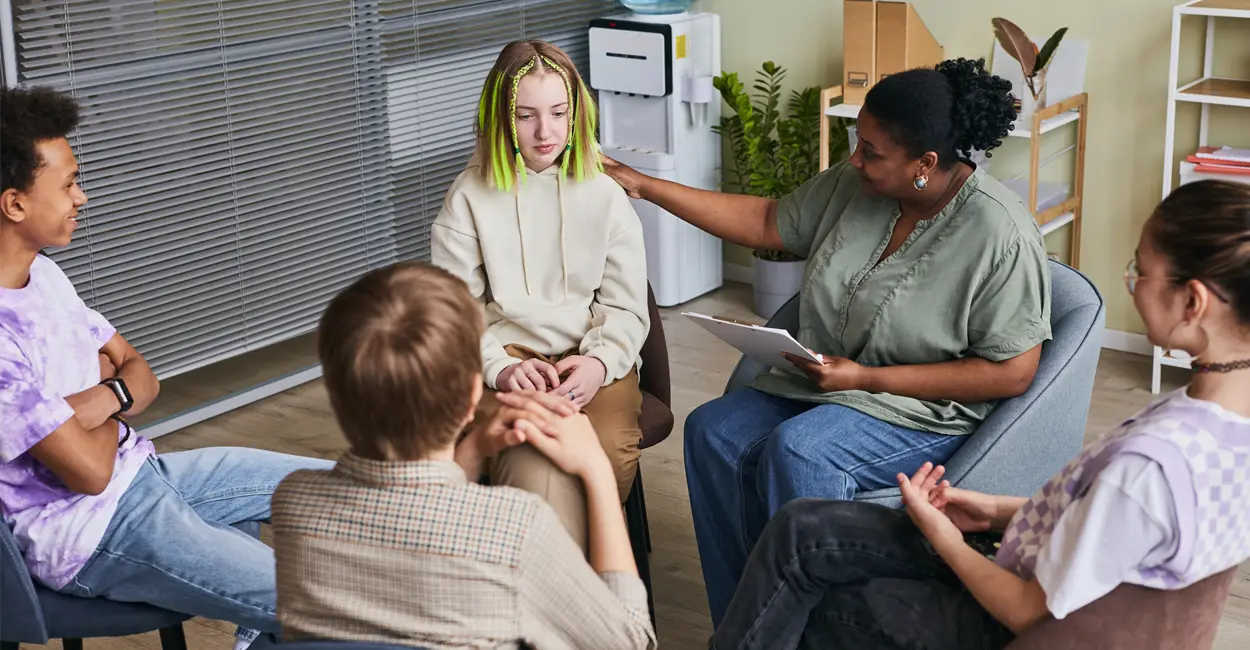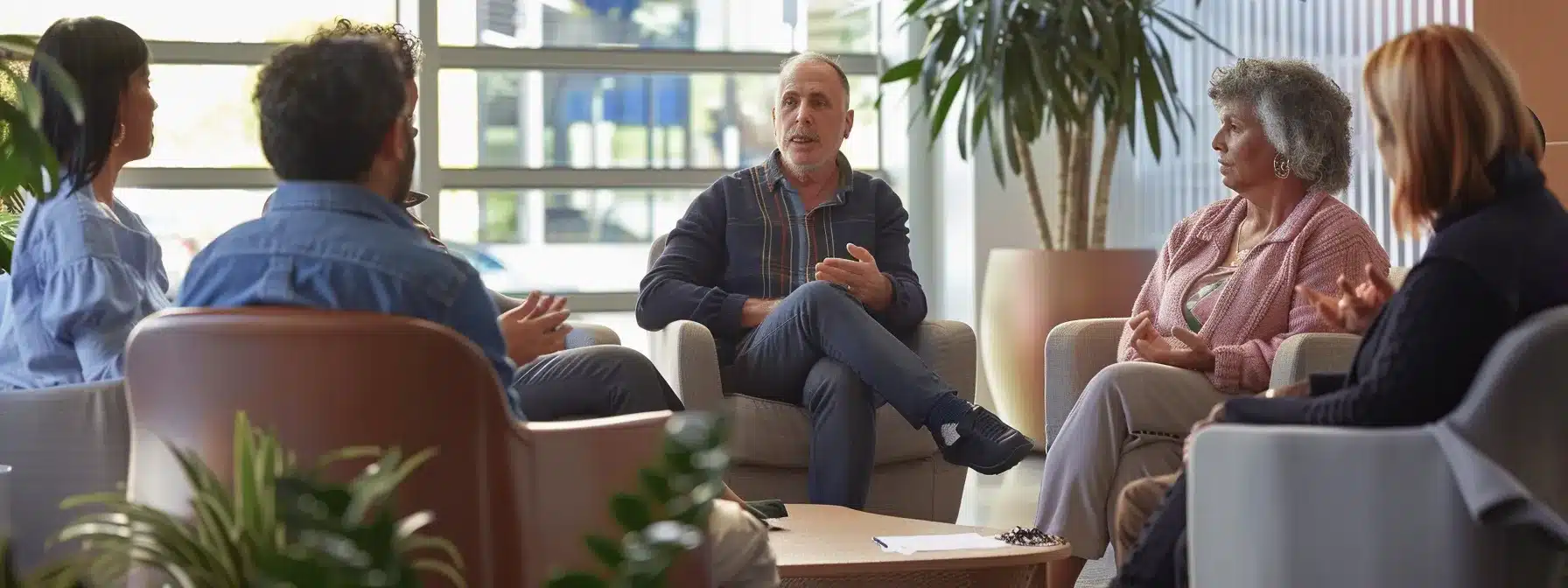offers a vital lifeline for individuals grappling with addiction. These rehab centers utilize group therapy as a cornerstone of their treatment approach, fostering a supportive environment where patients can share experiences, explore feelings, and gain insights from one another. The types of addictions treated vary widely, encompassing substance abuse such as alcohol, prescription medications, and illicit drugs, along with behavioral addictions like gambling and internet dependency. The importance of rehab centers cannot be overstated; they serve as sanctuaries that promote healing and recovery through structured programs designed to address physical, emotional, and psychological needs. Historically, group therapy gained traction in the mid-20th century, emerging as a means to leverage collective experiences and shared struggles to foster change. Over the years, Group Therapy rehab centers in Beauty have played a transformational role in the landscape of addiction recovery in the US, helping thousands reclaim their lives from the grips of addiction. These centers emphasize the value of community, personal accountability, and emotional connectivity, making their services invaluable for those on the path to recovery. The unique inclusion of group therapy in rehabilitation strategies not only enhances individual experiences but also cultivates a culture of mutual support, significantly elevating the chances of sustained sobriety.
Learn more about Group Therapy centers in Beauty



































